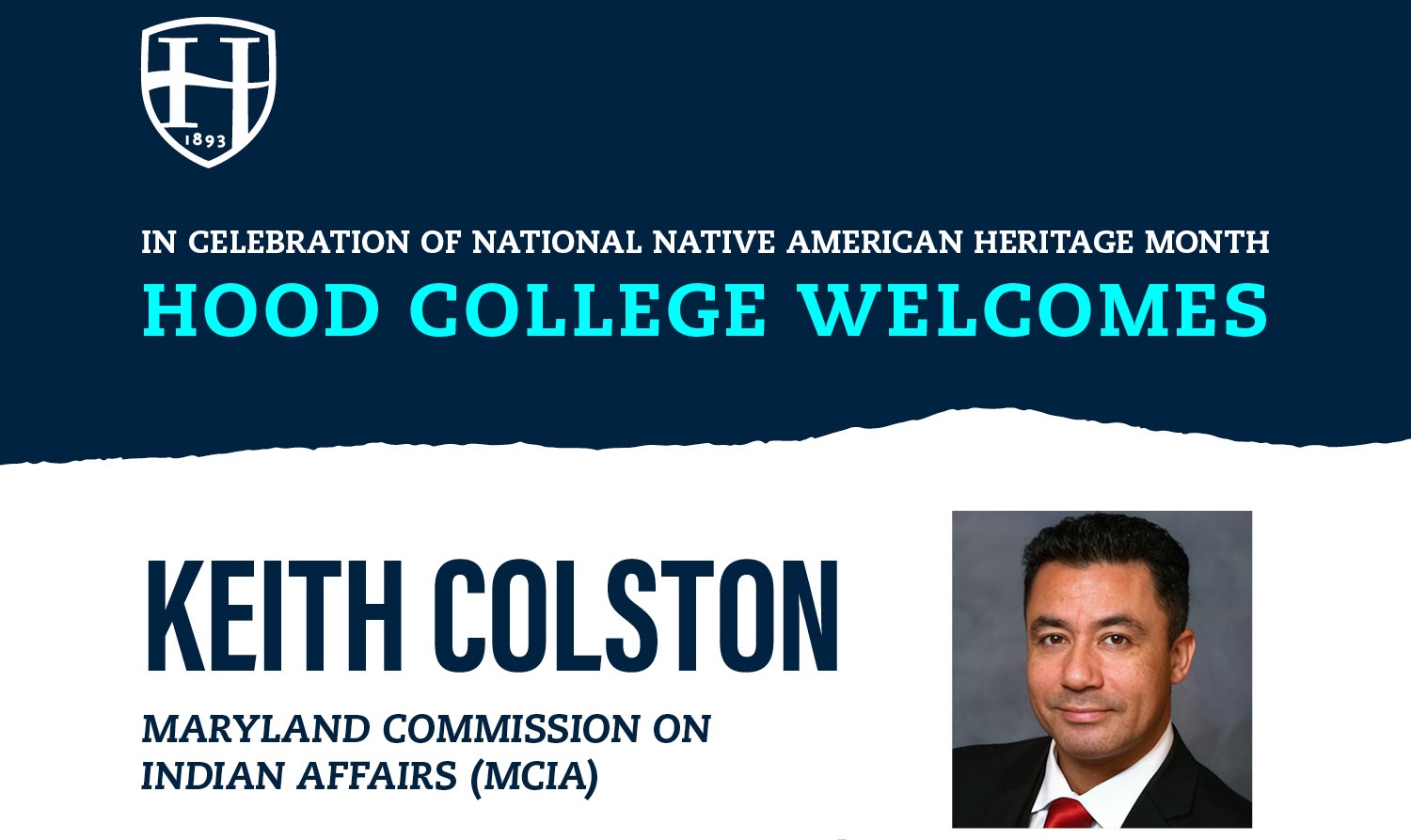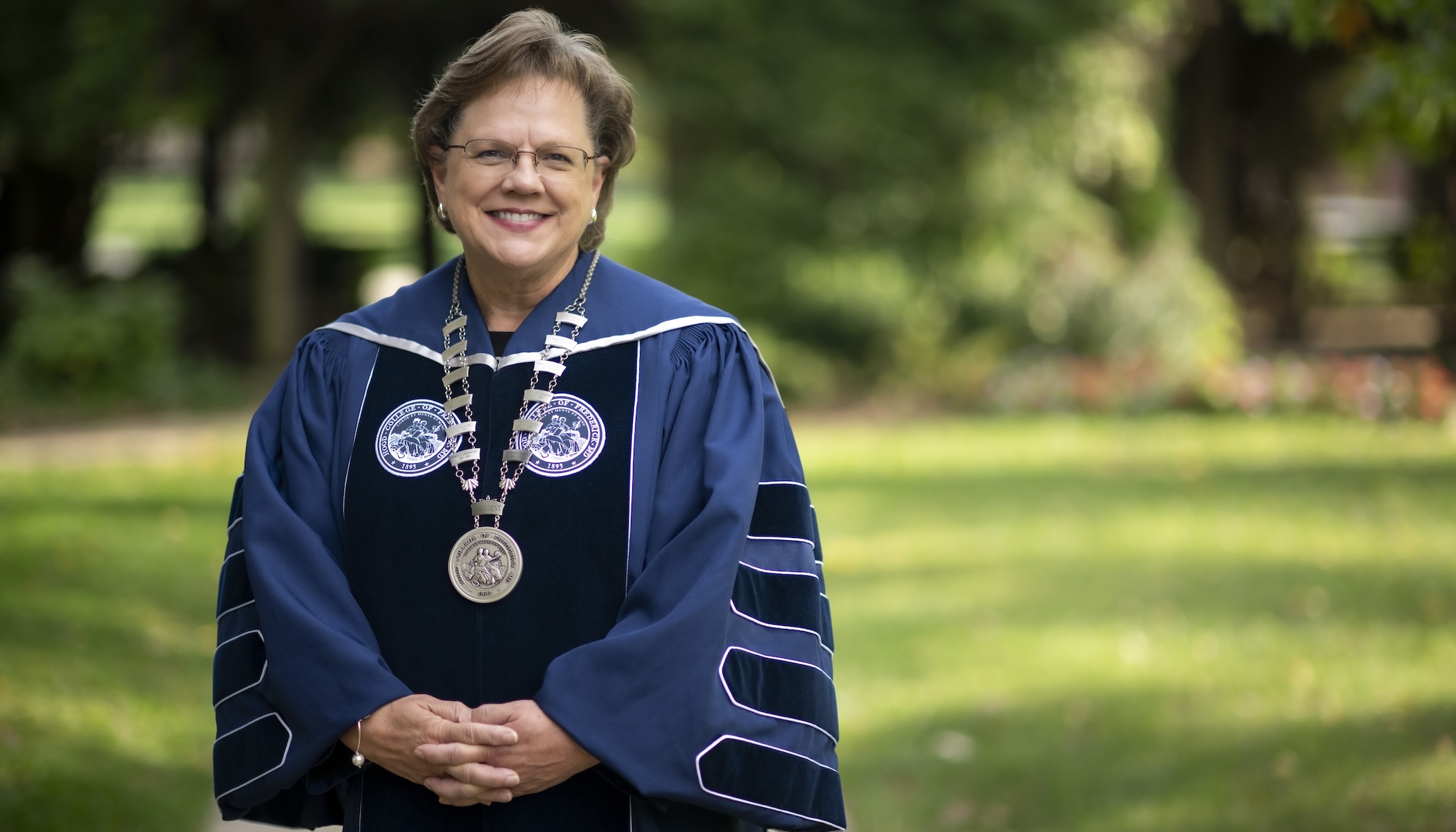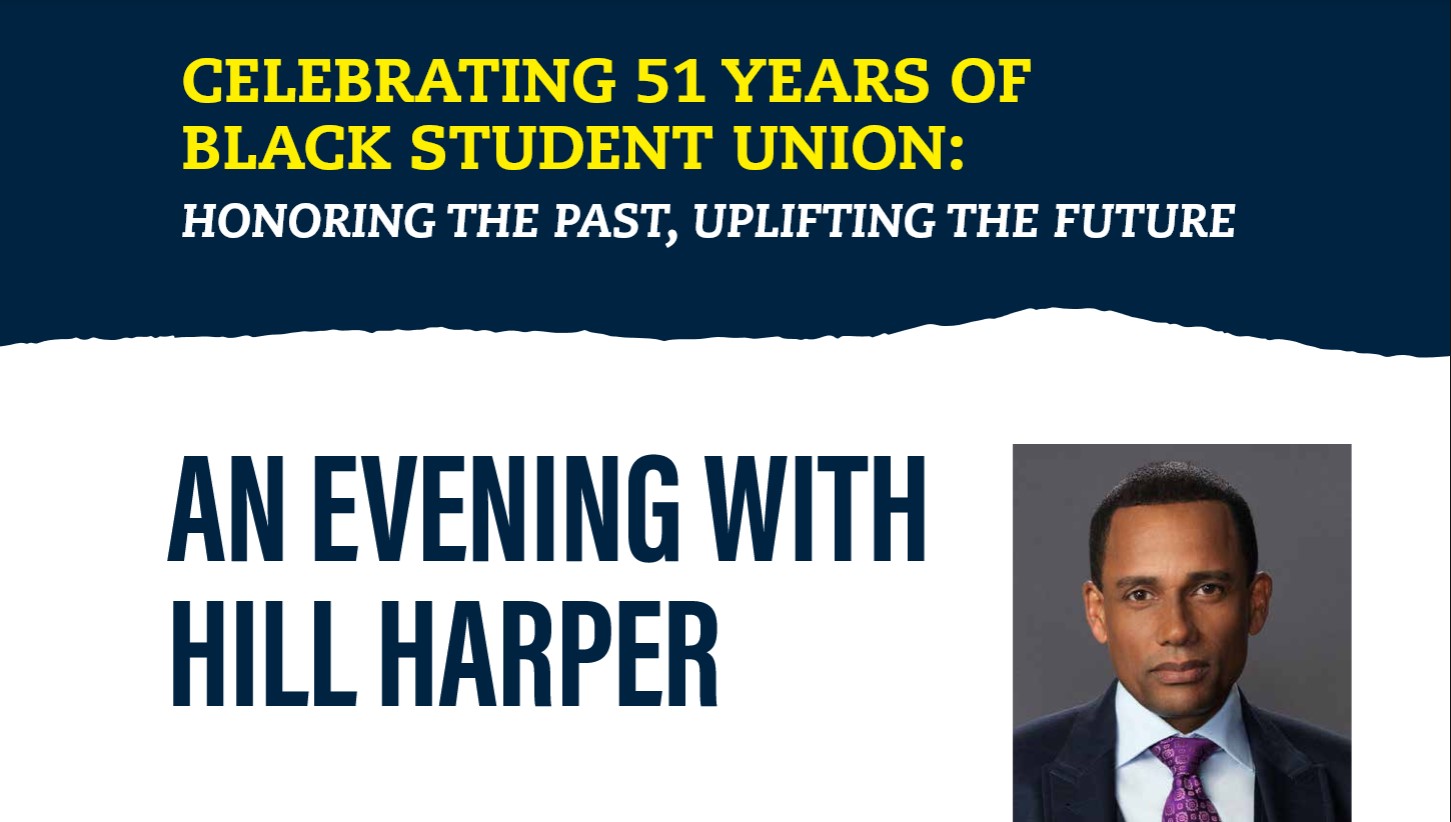Twenty-eight years after the first “Liberation of the Black Mind” conference, Liberation remains one of the most vital celebrations on Hood’s campus.
The student-run operation, which features educational, cultural and social events, has traditionally been devoted to providing a forum for introducing current issues, efforts and accomplishments of black America while promoting unity, knowledge and intellectual power.
The idea of “liberation” has evolved and taken on many different meanings for individuals of all backgrounds, as has the Liberation event itself.
During the early years of Liberation of the Black Mind, students from Baltimore, Washington, D.C., and as far as Atlanta, Georgia, came to campus to take part in the Black Student Union-sponsored event. The three-day conference served as a way to bring students and community members from off campus, particularly men, to Hood, which wasn’t fully coeducational until 2003.
“It was a real ingathering. It was fabulous,” said Hoda Zaki, Ph.D., professor of political science and adviser of the BSU since 1994. “We had dozens of students from other colleges, and they would be housed at one of the local hotels.”
At one time, Liberation of the Black Mind was the only event of its length and budget to be run by any student organization at Hood. Keynote speakers and panelists were often nationally recognized. Through discussions, workshops, poetry, music, dance and a keynote address, students explored cultural and political issues affecting the black community.
“It was supposed to be fun, but also very educational,” said Zaki. “It sort of had a really progressive edge to it.”
Amiri Bakara, the late poet, teacher and political activist known as the father of the Black Arts Movement of the mid-1960s and early ’70s, spoke at Liberation of the Black Mind in 1995. He compared the lives of black Americans throughout history to the mythological story of Sisyphus, who had to push a boulder up a mountain as punishment from the gods. Each time he got to the top, it rolled down again.
“You have to use your education to agitate, agitate, agitate against inequality,” Baraka had said.
In 1999, Pamela Farrell, founder and CEO of Cornrows & Co., a natural hair salon in Washington, D.C., spoke about the politics of black hair and the cultural pressures for women to use chemical treatments to fit limited American beauty standards. She talked about “freedom hair”—the afro in the 60s, braids in the 70s and 80s, and locks and twists in the 90s. In the 80s, she opened Cornrows & Co., which paid legal fees for any woman threatened to lose her job because of their braids.
“Liberation,” she said, “doesn’t come without change, confrontation and hard work.”
The conference had a different theme each year. In 2010, “Kicking it Old School: breaking the cultural barriers to the educational experience” advocated equality in higher education for blacks and whites.
Lanee Higgins ’14 first attended Liberation as a prospective student with her family that year.
“They hosted a panel of Hood alums that had graduated decades priors,” Higgins said. “Listening to them speak and being at that event with my family made me realize at that moment that BSU and Liberation was something that I had to be a part of.”
Higgins went on to be president of BSU and delivered the opening speech at the conference in 2014. She was a member of the BSU for four years and helped plan three Liberation events.
In recent years, students have celebrated a new iteration of Liberation as the BSU decided to change “Liberation of the Black Mind” to simply “Liberation.”
In an effort to build upon the event’s new identity and get more students involved, Liberation event sponsorship was opened to all campus organizations that focus on underrepresented populations.
“It’s been about identity building, the struggles of oppressed groups of people, and the things that all of those groups go through to be liberated,” said Travis Eichelberger, director of diversity and inclusion and assistant director of student engagement. “Everyone has been invited to have a part in claiming this and showcasing their cultural needs and their cultural growth.”
Eichelberger advises the Diversity Coalition, which is a group of representatives from the BSU, the Queer Student Union, La Comunidad, the Feminist Student Union, the Muslim Student Association, the African Student Union and the Hillel/Jewish Student Union. The coalition, which often refers to themselves as the Justice League, was formed three years ago and now meets nearly every week to talk about different issues related to diversity.
Traditionally a space where black students felt safe to talk about important issues and educate others, Liberation has evolved to provide that space to students of all cultures. The programming has also evolved to meet the needs of today’s students, with more workshops and activities that encourage experiential learning.
Organizers aim to hold the event close to April 4, the anniversary of Martin Luther King Jr.’s assassination. This year, Liberation activities kickoff Friday, April 20 and continue through Saturday, April 21.
Jordyn Curtis ’19, the BSU’s current president, says this year’s theme, “Express Yourself!” invites the Hood community to learn about Liberation events of the past and will emphasize defining self expression with a special focus on dance. Click the image to see the complete agenda.
What does Liberation mean to you?
“There are so many ways to define liberation. For me, it allows one to challenge existing social and political norms and to develop new ways of connecting with others.”
—Hoda Zaki, professor of political science
“The concept of liberation to me is being able to remember the path our ancestors took, rejoice in the progress we have made as a people, but plan for the future so that our children can have even more liberties than us. I was a part of BSU from 2012 to 2016. I was president of the organization and leader of the event for 2015-2016.”
—Curtis Stubbs ’16
“I hope that finding liberation means that you feel free to be yourself and to express it in any way you see fit whether it’s celebrating your culture, gender, religion, achievements, fears, etc. To me, for that weekend, I was proud and comfortable in my political views, my heritage, my religion, and embracing that I am a feminist and a leader hoping to create some balance and equality in the world. I felt liberated during this event, but will admit that I do not always feel this way and there are times I try to hide parts of me from the world. True liberation would be feeling that freedom to embrace all the parts of me, as I and others did that weekend, but all of us feeling that way all of the time without needing exercises or inspiration to prompt us.”
—Logan Samuels ’17
“Liberation to me means that a person or group of people are given the opportunity to make their own choices and lead their own path in life. This means being given the chance to follow an example that they might have seen as a role model or to be a trailblazer and do something brand new in their own way. At the same time, this means making sure that no one faces a challenge that they could not possibly get past in this process. In order to assure this happens we must reach out and assist people who don’t start with the same tools or who have additional challenges that others might not have.”
—Travis Eichelberger, director of diversity and inclusion and assistant director of student engagement
“Liberation means freedom—I think of it as being able to breathe freely after being choked by years of oppression. I was on BSU for four years. I was a vice president for two years and the president for one. I helped plan three Liberation events.”
—Lanee Higgins ’14





